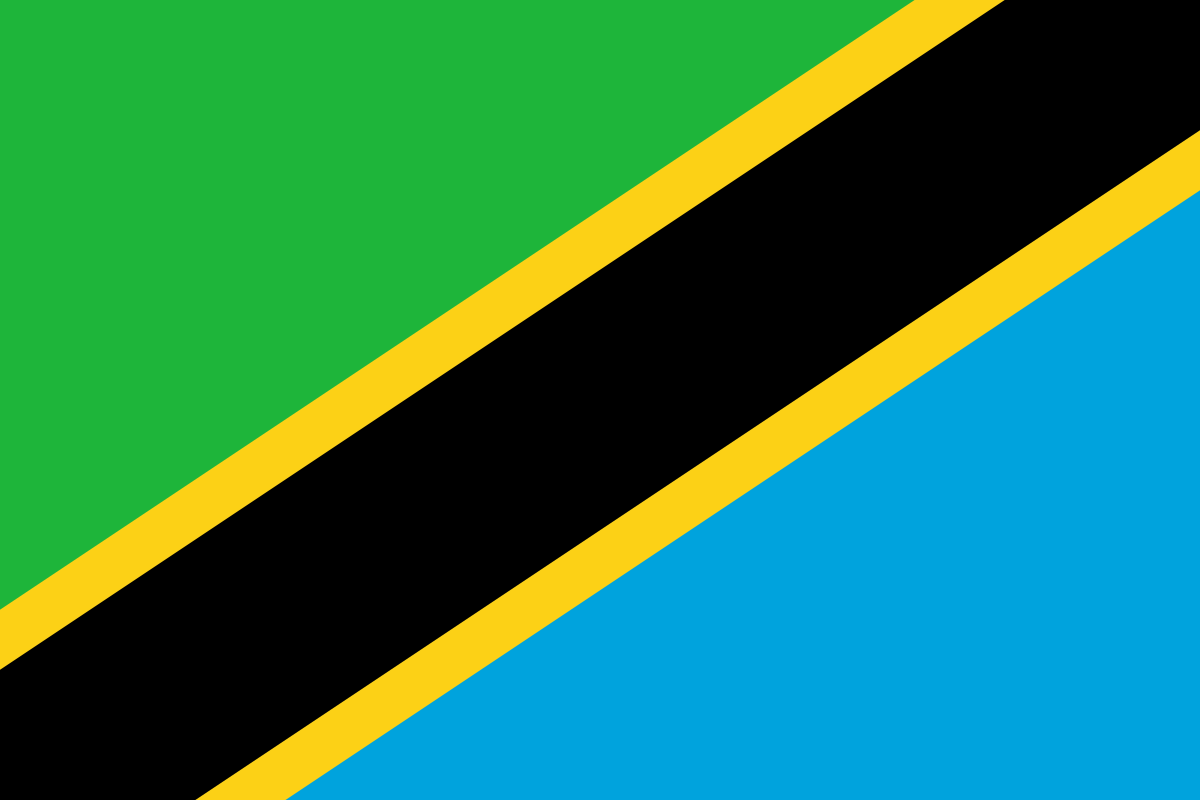Unconfirmed reports circulating across social media suggest that the Tanzania Government has allegedly restricted internet access in the country just a day to General Elections.
A number of social media users in Tanzania claimed that internet access to Twitter, WhatsApp calls and SMS has been blocked. The alleged internet restriction comes prior to Tanzania’s Presidential and National Assembly General elections scheduled to hold tomorrow, 28th October
According to Kigogo on twitter, the government has reportedly blocked twitter access on the country’s mainland and tourist island Zanzibar
Another twitter user, Dotto claimed that WhatsApp was not accessible in his region of the country. Also on twitter, Mtu accused the government of slowing down internet speeds across all social media. “They have already restricted internet speed on twitter and other social media,” she alleged.
Judging by social media reports, it appears that the Tanzania government may have restricted access to certain apps and websites in the country ahead of tomorrow’s elections.

A few days ago, the government censored mobile network operators by ordering all telcos to suspend access to bulk SMS and bulk voice services. Going by reports, individual SMS containing election-based keywords are blocked from being delivered to intended recipients.
The timing of the government’s action was perhaps a pointer to a more robust internet access restriction.
Banned VPN the Alternative for Internet Users
In the wake of the alleged internet clamp down, many Tanzanians have quickly resorted to using Virtual Private Networks (VPNs) to access the internet. VPNs mask users’ internet protocol (IP) address thereby making their online activity almost untraceable.
Never expected we could reach a point of using VPN in our peaceful country…..— Uncle Paddy (@RealPadrinoJr) October 27, 2020
Going by reactions on twitter, Proton VPN seems the popular choice among Tanzanian internet users to bypass the alleged restrictions.
However, VPN use is banned in Tanzania. In July, the sitting government had passed a law proscribing the use of VPNs in the country, therefore making it illegal.
What this means is that people who use VPN’s may actually be arrested should the government decide to take it up.
Elections Watch Group Requests Transparency
Amid reports of partial internet shutdown, the Tanzania Elections Watch (TEW) has urged the Tanzania Communications Regulatory Authority (TCRA) to remain transparent and impartial by enabling the free exchange of information throughout the election period.
In a letter to the TCRA, TEW pointed out that there were prevalent human rights and political concerns in the country which had to be addressed.
“The right of access to information is foundational to any other rights relevant to effective participation in the democratic processes including elections as envisaged in Article 13 of the African Charter on Human and People’s rights,” the letter read.
Summary
Tanzania is not the first African country to restrict social media in the build-up to and/or during elections. In 2016, the Uganda government blocked internet access during the country’s presidential elections “as a security measure to avert lies intended to incite violence and illegal declaration of election results.”
Partial or total internet shutdowns at crucial periods such as elections or mass protests are usually enforced by authorities to either suppress anti-government speech or tackle misinformation. But while the latter is commendable, in many instances the government censors information to conceal its own questionable actions.
